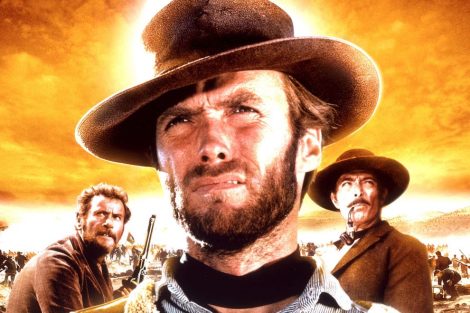Although according to the guys of Price Waterhouse Coopers, VR is the fastest growing media technology – 40 percent by 2022 – in a context where the only two platforms that are still endangered are still newspapers and the magazines, this reflection is not about the technological resource of more growth worldwide.
If something makes clear the Trump era, is that in the battle for the conquest of public opinion facts or the truth have a diminished value. In the times of “the blessed social media”, what dominates are the emotions. Above all, fear and hate. In addition, it is fully demonstrated, even at the neurological level, that the human brain processes emotional stimuli independently of the rational thought process.
It is no coincidence that a favorite tool of some digital propaganda professionals comes from the pornography business, because the same “deep-fakes” that use artificial intelligence resources to manipulate images and videos, have a quasi-nuclear power in the construction or destruction of a public narrative. In today’s world it is quite simple to make images and videos in which a president appears to be doing or saying any barbarity. That, in the era of digital communication – instantaneous, global and interactive – is more than enough to tear down the great paradigms of traditional journalism.
All over, the old media is losing influence power vs the several new platforms born in the last generation with a diffuse rhetoric about of free, open and horizontal communication that, supposedly, would strengthen democracy throughout the world. How naïve we were!
Without even consolidating its business model, in blink we went from the young and cool visionary of gray t-shirts to Mr. Zuckerberg as a passive witness of the use of Facebook to the sabotage of the presidential election of the United States; from the boom of twitter and the viral videos of the “blue bra girl” in the Arab Spring, to the morning outbursts of Mr. Trump, whose tweets look now more like the Birds of Hitchcock than the little blue bird of its logo.
Today, as the winds of polarization cover the planet, the battle for the screens is getting fiercer every day:
- Facebook, with its 2 billion friends, consolidates its power with the purchase of its competitors (Instagram and WhatsApp). And despite this, it pales in front of the 2,500 million users of the WeChat universe, made in China.
- Google, that great traffic regulator within the World Wide Web, controls both the distribution of video in the world (from YouTube) and the main tool of digital communication, mobile devices (from Android). Under the umbrella of Alphabet Inc. there is little left of the old mantra with which the company was born, “don’t do evil”.
- Apple, in its race to achieve a one trillion-dollar market value, is allowed to sabotage its own products (the iPhone 6 and 7 vs. the newer version) and has clearly lost the innovative magic associated with Steve Jobs.
- Amazon, in addition to buying the Washington Post, tries to control retail trade everywhere and is already a business conglomerate with, to say the least, huge conflicts of interest at the door.
They are those big companies in their way to cross the $1 trillion value in the financial world, they are the new monopolies that set the pace of the entire information and communications industry. And we must point out: they are not the main challenge to the romantic version of all the good that the digital age would bring us. By destroying the legal framework that held the “net neutrality”, the large companies that own that great tangle of physical cables on which digital communication is raised and that, in addition, already control huge conglomerates of content production, are the entities that have more weapons to control public narratives.
Therefore, the expansion of virtual reality, as imagined by Ernest Cline in its Ready Player One, the other virtual reality, that in which live those who live within the narrative of love or hate, those who support or reject the wall of Mr. Trump, pro or anti Brexit, also growing at full speed. Perhaps, in this new digital universe in which we live very soon, everyone will live within their own reality.










